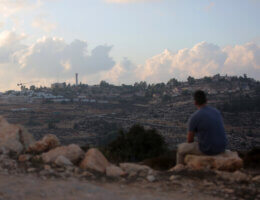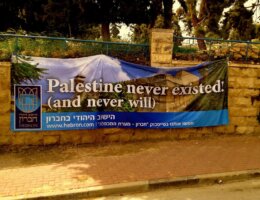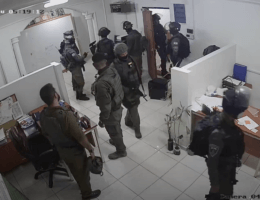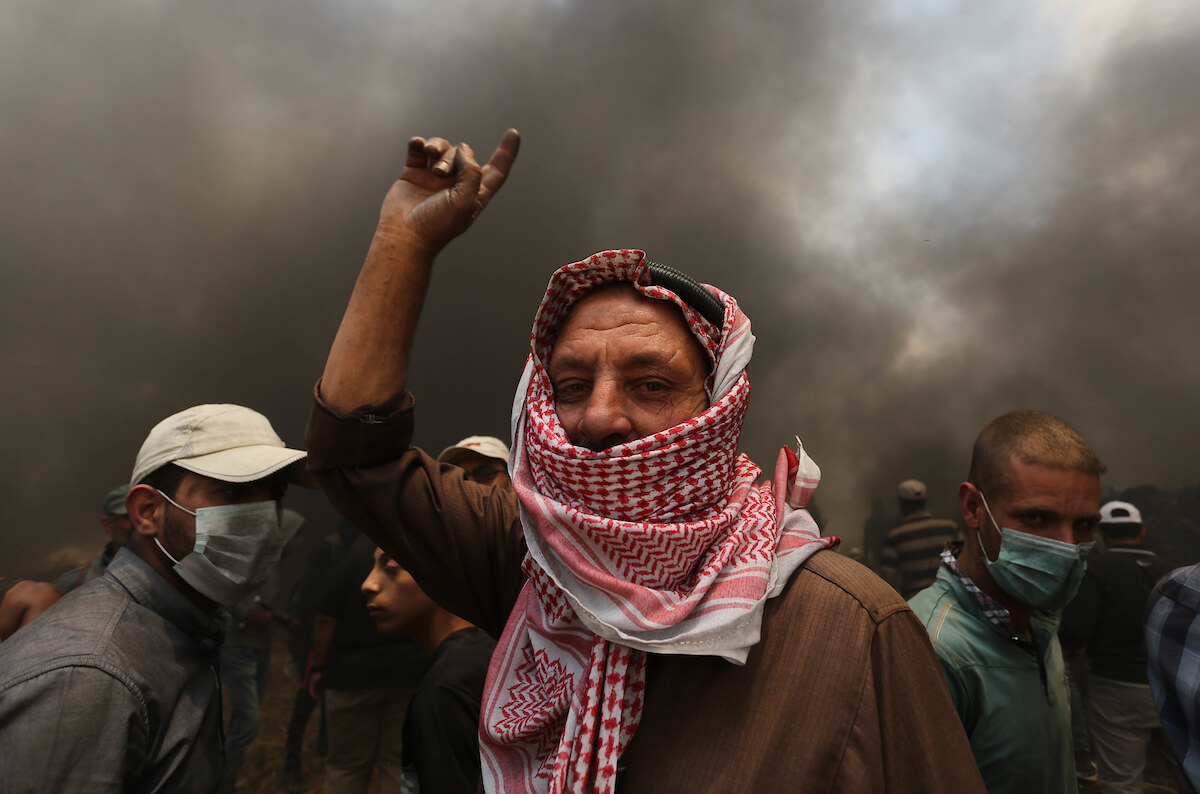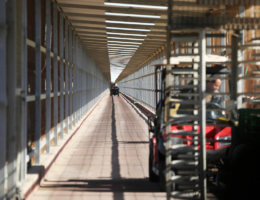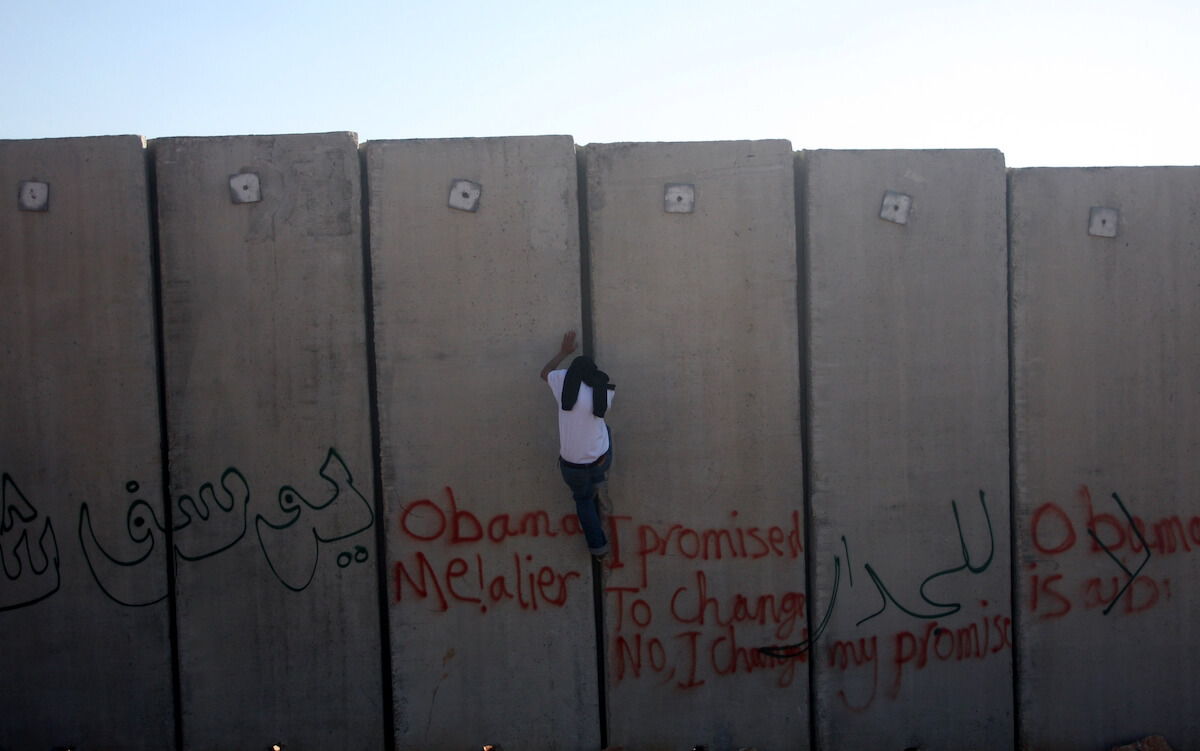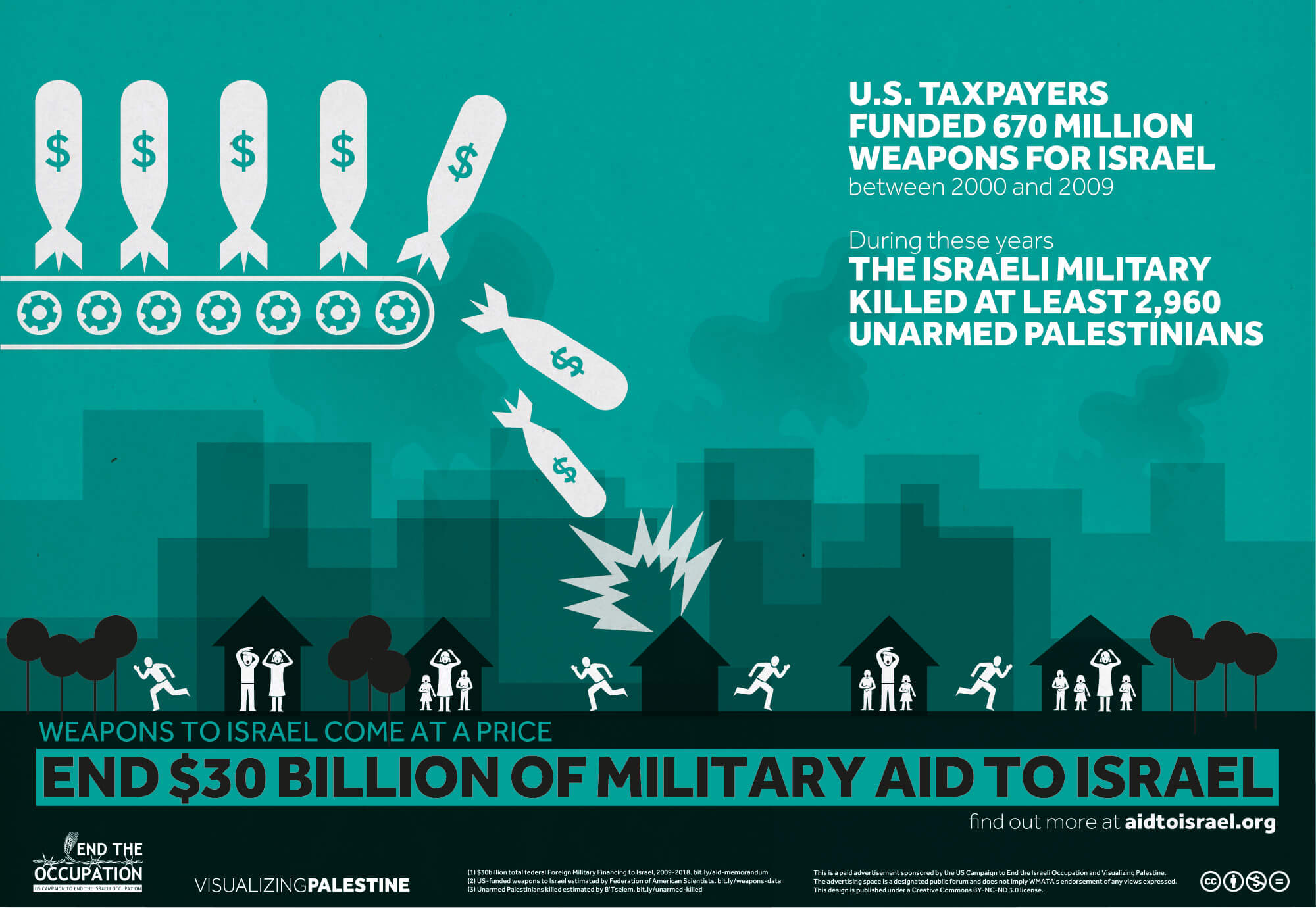Since its founding, Israel has crafted legal tools to advance the ethnic cleansing of Palestine. The current judicial overhaul is part of this process and shows the state’s colonization plans are accelerating.
The Israeli colonial mindset fantasizes about erasing Palestinian identity and history, but Israel has utterly failed to destroy Palestinians’ belonging to their land.
Understanding Zionism, which seeks to create a Jewish state through the displacement of Palestine’s indigenous population, is essential to understanding the last 75 years of the ongoing Nakba.
Israel has stopped arguing for years the actual content of human rights reports or allegations directed at its conduct. Instead, Israel’s strategy is to simply attack human rights organizations themselves.
“Forced displacement and dispossession are key factors to understand the situation in Palestine and the Palestinian-Israeli conflict.” Amjad Alqasis examines how Palestinians became the “largest and the longest-standing unresolved refugee case in the world today” and how their ongoing displacement and dispossession can be challenged.
As human rights activists and organizations, we must be more careful in the way we articulate reality through the terminology we use. If Palestinian civil society seeks to struggle against the process of forcible displacement, we should not stratify our people, but rather use language to build a common struggle against a colonial project that aims to erase the presence of the indigenous Palestinian community. We should not, even indirectly, support this kind of destruction of the Palestinian people while accepting the division made by the colonial power. We have to control our own discourse, to challenge the Israeli narrative’s local and international dominance.
Twelve years have passed since the International Court of Justice declared that Israel’s Annexation Wall is contrary to international law. A particular concern was the location of the Wall which the ICJ noted would lead to “further alterations to the demographic composition of the Occupied Palestinian Territory.” But, Amjad Alqasis says, the Wall is just another tool deployed by Israel to continue the process of colonizing Mandate Palestine: “Simply put, the Israeli endeavor aims at emptying Mandate Palestine from its indigenous inhabitants, including areas that lie today within the borders of Israel proper. The Wall is not only built by concrete stone, it is seeded in the Zionist ideology of separation and conquest.”
To date, the tactics of boycott and divestment have produced successes after only a few years of the official BDS Campaign’s existence. Amjad Alqasis writes that after ten years of successful struggle, the most urgent issue that needs to be raised today is the “S” in the BDS acronym, or the campaigning for sanctions against Israel.
On 15th of May Palestinians worldwide will commemorate the ongoing Palestinian Nakba. A symbol for this ongoing forcible displacement is the Israeli Annexation Wall, which is yet another tool deployed by Israel to continue the process of colonizing Mandate Palestine. Simply put, the Israeli endeavour aims at emptying Mandate Palestine from its indigenous inhabitants, including areas that lie today within the borders of Israel proper.
